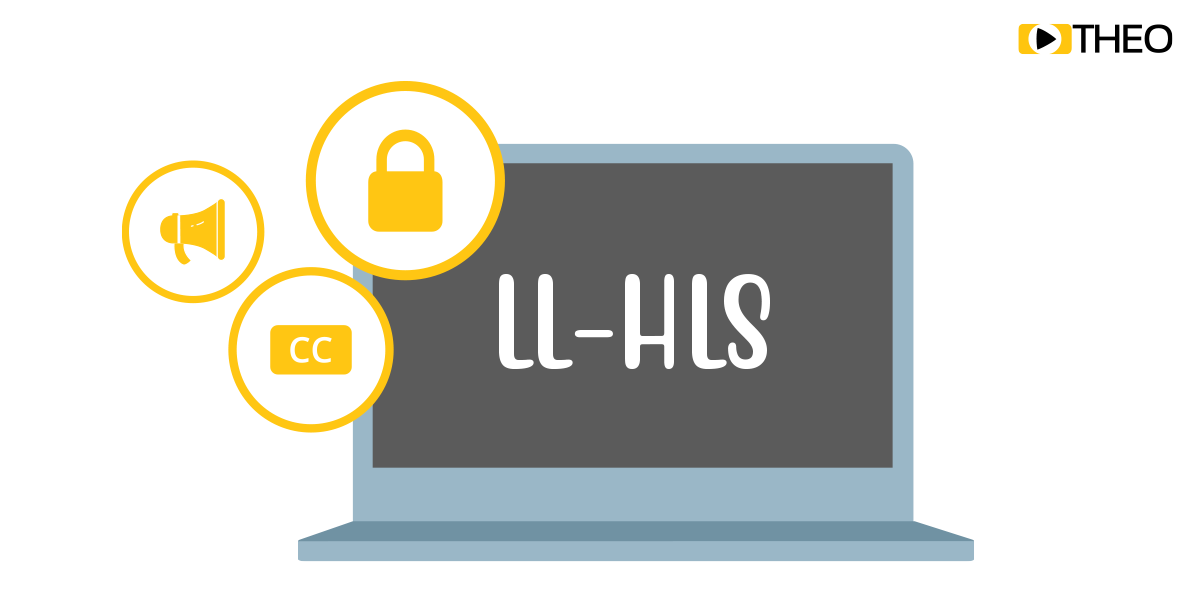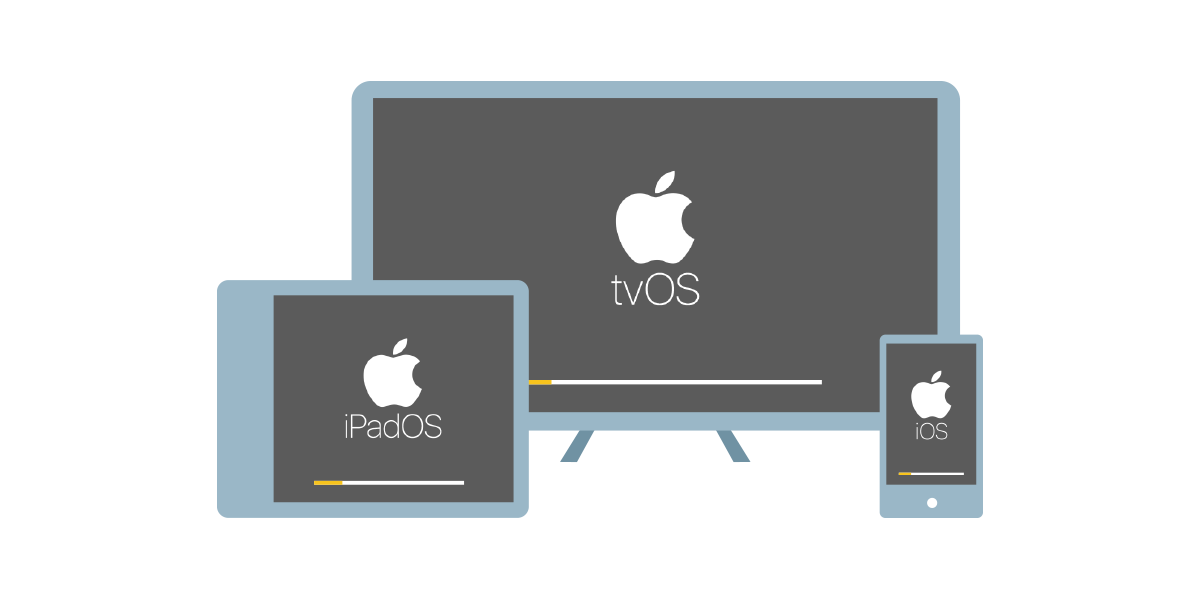LL-HLS Series: Implementing LL-HLS with ABR, Subtitles, DRM and SSAI
by THEOplayer on September 1, 2020
In our previous blog posts we have discussed a number of different topics regarding Apple’s Low Latency HLS (LL-HLS) such as its main use cases and how to implement and configure it in an end-to-end solution. We also discussed how LL-HLS has evolved, and how those changes have impacte …
LL-HLS Series: Implementing LL-HLS Today
by THEOplayer on July 9, 2020
In previous blogs we’ve covered how the LL-HLS spec has evolved and changed, as well as how it actually works. In this blog we want to discuss how the end-to-end solution would look, which use case the spec suits best and what THEO recommends for LL-HLS implementation.
LL-HLS Series: How Does LL-HLS Work?
by THEOplayer on June 30, 2020
To provide online video at scale, we use HTTP Adaptive Streaming Protocols such as HLS or MPEG-DASH, which are both extremely popular. In this article, we will provide some insights on how Apple’s Low Latency HLS (or LL-HLS) works.
LL-HLS Series: The Evolution of LL-HLS
by THEOplayer on June 16, 2020
HTTP Live Streaming, or HLS, was initially created and released by Apple in 2009 to solve the problems of scaling. The HLS protocol has become one of the most popular protocols used today, and is widely supported. It’s biggest disadvantage, as with other similar HTTP based streaming p …
HTTP Live Streaming (HLS)
by THEOplayer on June 16, 2020
HLS, or HTTP Live Streaming, is an adaptive HTTP-based protocol and it was initially created and released by Apple in 2009 to solve the problems of efficient live video and VOD delivery to viewers’ devices, especially Apple devices. One of the main focus points was the problem of scal …
The Impact of Apple's Update of LL-HLS: Removing HTTP/2 Push Requirements
by THEOplayer on January 13, 2020
Last Friday Apple announced an update of their Low Latency HLS specification. In the new update, Apple is stepping away from the HTTP/2 push requirement stated in earlier specifications and seems to be moving closer to the community version of LHLS. In the overview below we will go th …







